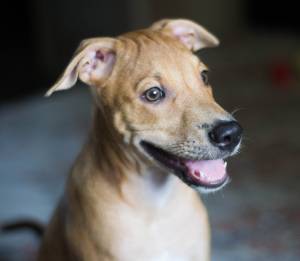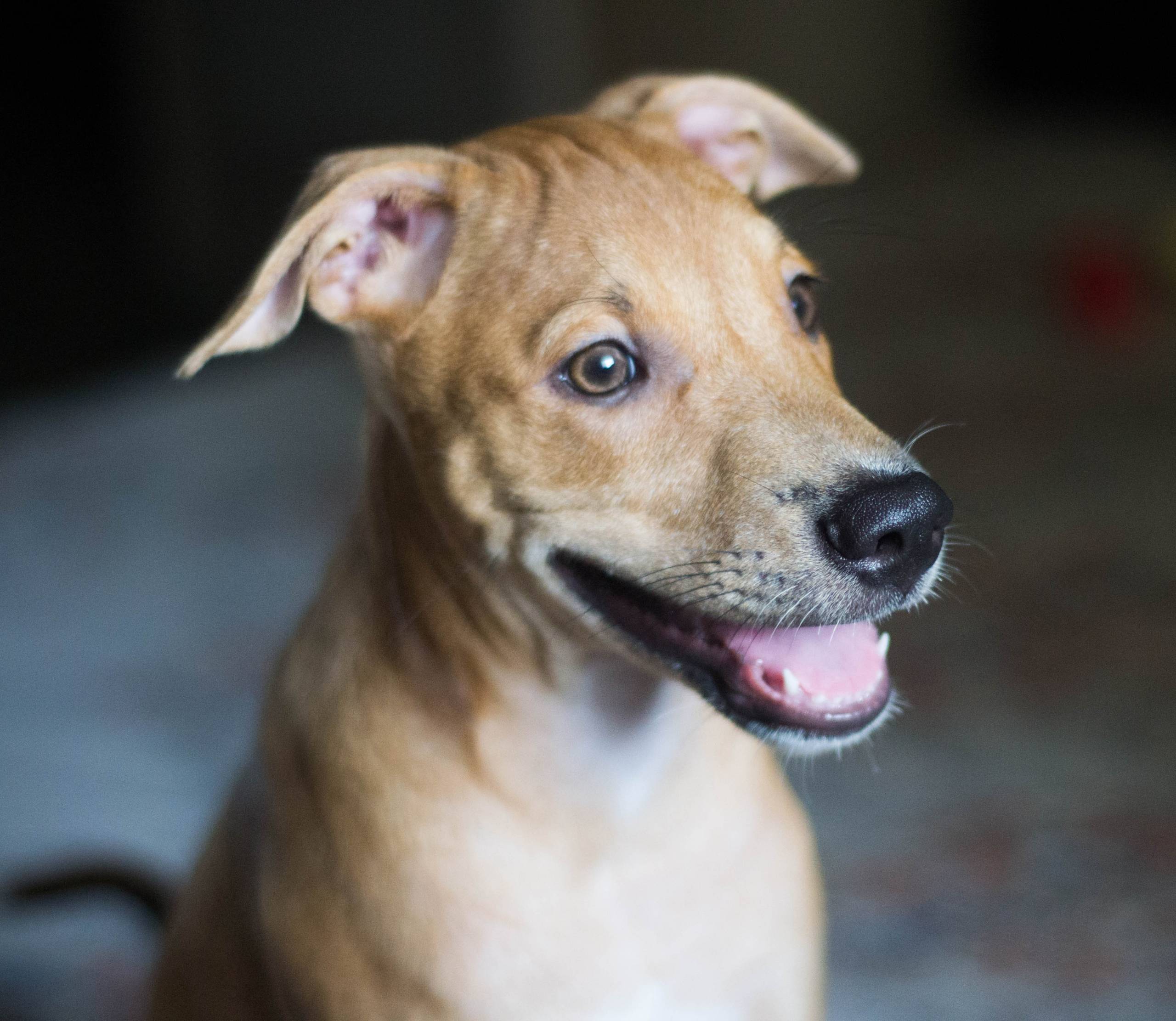
Understanding Your Dog’s Behavior
First and foremost, it’s essential to understand that when your dog poops in the house, they’re not doing it to upset you. Dogs have their reasons, and it’s our job as responsible pet owners to figure out what those reasons might be. There are a variety of factors that can contribute to this behavior, and it’s crucial to approach the situation with patience and empathy.
Health Concerns
One of the primary reasons for a dog pooping indoors could be related to their health. Just like humans, dogs can experience digestive issues, dietary sensitivities, or even infections that may lead them to have accidents inside. If your dog’s pooping habits have suddenly changed, it’s essential to consult with a veterinarian to rule out any underlying medical conditions. Pay attention to any changes in their stool, as consistency, color, and frequency can provide valuable insights into their health.
Anxiety and Stress
Believe it or not, dogs can experience stress and anxiety, just like humans. Changes in their environment, routine, or even the addition of a new family member can lead to feelings of unease in your furry companion. This can manifest in various ways, including inappropriate elimination. Keep an eye out for signs of anxiety, such as excessive panting, pacing, or destructive behavior, as these could be indicators that your dog is feeling stressed.
Incomplete House Training
Sometimes, the root cause of indoor accidents can be as simple as incomplete house training. Puppies, in particular, may not have mastered the concept of where it’s acceptable to relieve themselves. Additionally, older dogs may experience regression in their house training due to factors such as illness or changes in routine. It’s important to revisit the basics of house training and reinforce positive behaviors through consistent and patient training exercises.
Environmental Factors
The environment in which your dog lives can also play a significant role in their bathroom habits. If your dog’s outdoor bathroom area is not appealing to them, they may seek out alternative spots indoors. Factors such as extreme weather conditions, lack of access to the outdoor area, or the presence of intimidating stimuli outside can deter your dog from doing their business in the designated outdoor space.
Positive Reinforcement and Patience
Addressing your dog’s indoor pooping behavior requires a combination of understanding and gentle correction. It’s crucial to avoid punishment, as this can create further stress and confusion for your pet. Instead, focus on positive reinforcement when your dog eliminates in the appropriate outdoor area. Use treats, praise, and consistent training to encourage the desired behavior. Patience and understanding are key, as changing habits takes time.
In conclusion, discovering that your dog has been pooping in the house can be frustrating, but it’s important to approach the situation with empathy and a willingness to understand the underlying reasons. By considering factors such as health, anxiety, training, and environment, you can work towards addressing this behavior and helping your beloved pet feel more comfortable and secure in their home environment. Remember, with patience, consistency, and support, you can guide your dog back to appropriate bathroom habits and strengthen your bond in the process.[/fusion_text]

